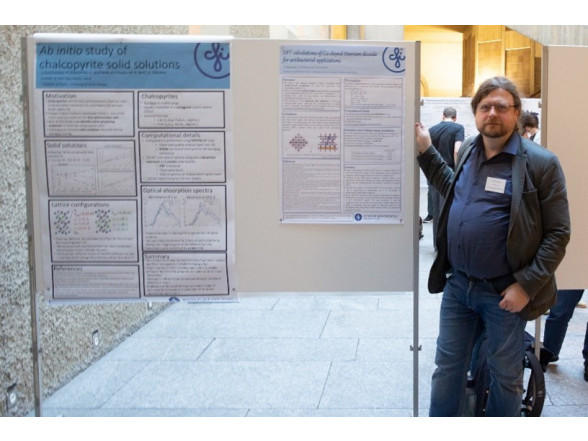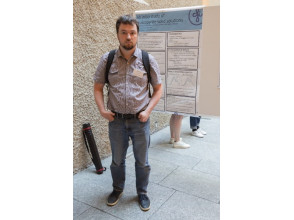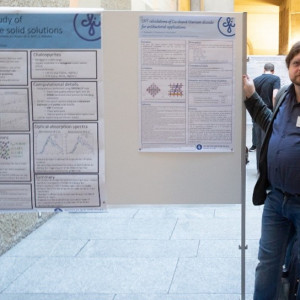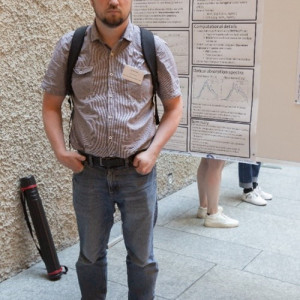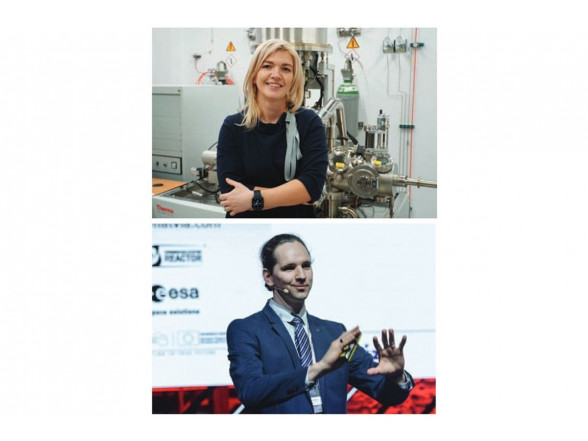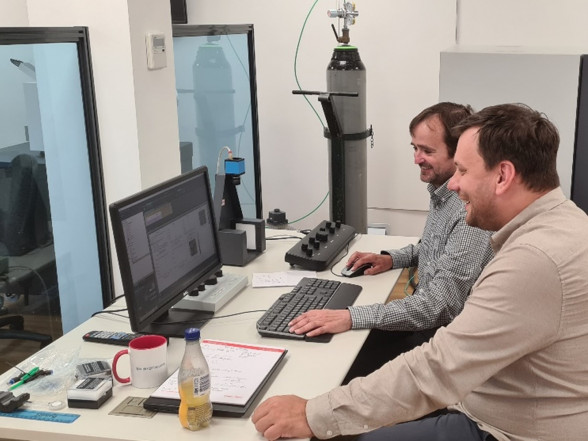The leading researcher Dr. phys. Dmitrijs Bočarovs and research assistant Jurijs Grečenkovs from ISSP UL’s Laboratory of Computer Modeling of Electronic Structure of Solids participated in the workshop “First-principles modelling of defects in solids” held at ETH Zurich on 13-15 June 2022. The event presented an opportunity to meet and discuss topical issues with leading researchers in the field of computational material science.
The 3-day workshop was dedicated to advances in ab initio defect modeling with the focus on many-body theory techniques, automated computational material database generation, machine learning applications to first-principle calculation, and defect modeling in 2D materials.
The event consisted of a set of invited lectures given by internationally renowned speakers, contributed talks, as well as social events designed to foster interactions between participants. The focus of the workshop was on the methodologies developed for the description of defects in the condensed phases, together with their application to technologically relevant systems. Overall, the workshop aimed at portraying an interdisciplinary picture of the current status of defects physics and showing how first-principles calculations could be used to narrow the gap between theory and experiment.
Jurijs Grečenkovs presented his work on modeling solid solutions of chalcopyrite photovoltaic materials, and Dmitrijs Bočarovs introduced results on defect modeling in TiO2 obtained by one of his students (Elīna Neilande) in her master thesis. Both utilized the ample opportunity to connect and share thoughts with other researchers in the field including possible collaborations in the future.
The goal of participation in this qualification-raising event was three-fold: education on theoretical methods that are not yet but should be soon introduced into the workflow of the ISSP UL, making contacts and fostering collaborations with worldwide renowned research teams, as well as elevating the prominence and prestige of the ISSP UL by presenting the ongoing research.

